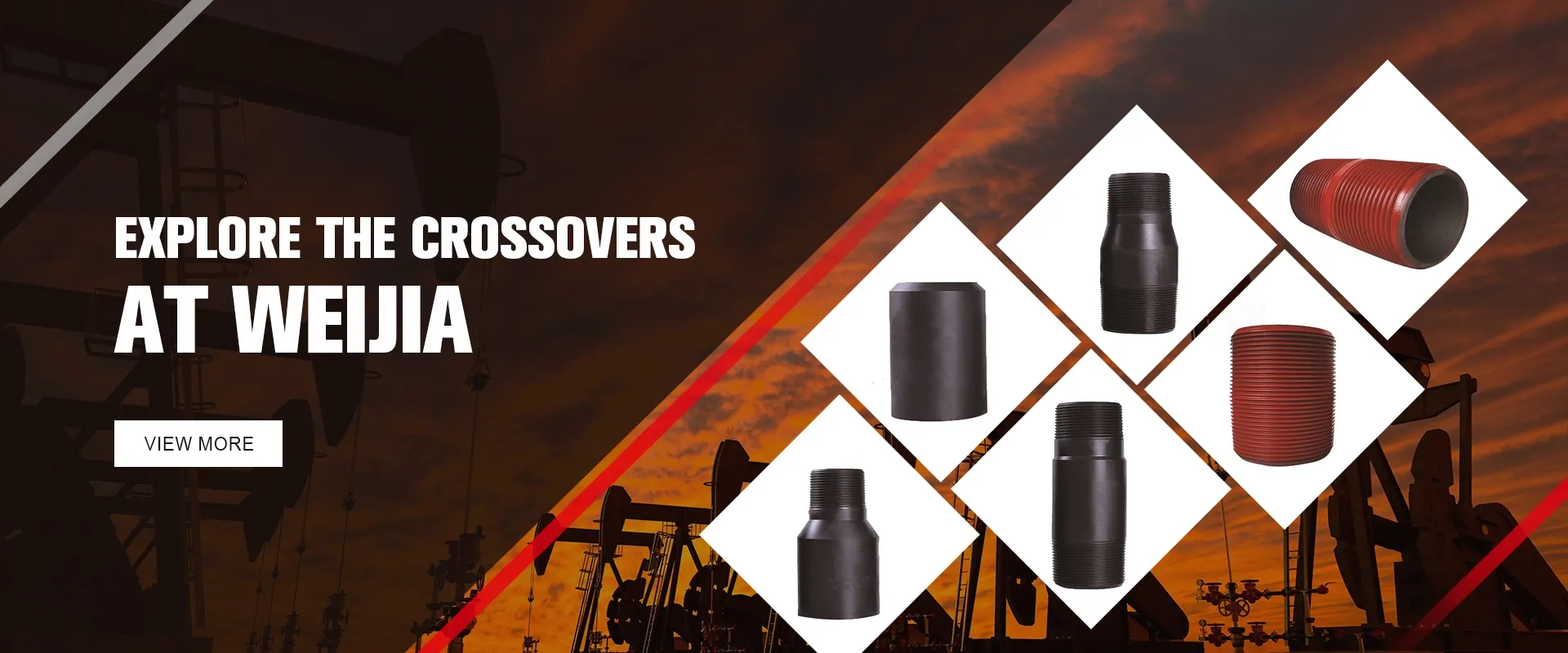- Afrikaans
- Albanian
- Amharic
- Arabic
- Armenian
- Azerbaijani
- Basque
- Belarusian
- Bengali
- Bosnian
- Bulgarian
- Catalan
- Cebuano
- Corsican
- Croatian
- Czech
- Danish
- Dutch
- English
- Esperanto
- Estonian
- Finnish
- French
- Frisian
- Galician
- Georgian
- German
- Greek
- Gujarati
- Haitian Creole
- hausa
- hawaiian
- Hebrew
- Hindi
- Miao
- Hungarian
- Icelandic
- igbo
- Indonesian
- irish
- Italian
- Japanese
- Javanese
- Kannada
- kazakh
- Khmer
- Rwandese
- Korean
- Kurdish
- Kyrgyz
- Lao
- Latin
- Latvian
- Lithuanian
- Luxembourgish
- Macedonian
- Malgashi
- Malay
- Malayalam
- Maltese
- Maori
- Marathi
- Mongolian
- Myanmar
- Nepali
- Norwegian
- Norwegian
- Occitan
- Pashto
- Persian
- Polish
- Portuguese
- Punjabi
- Romanian
- Russian
- Samoan
- Scottish Gaelic
- Serbian
- Sesotho
- Shona
- Sindhi
- Sinhala
- Slovak
- Slovenian
- Somali
- Spanish
- Sundanese
- Swahili
- Swedish
- Tagalog
- Tajik
- Tamil
- Tatar
- Telugu
- Thai
- Turkish
- Turkmen
- Ukrainian
- Urdu
- Uighur
- Uzbek
- Vietnamese
- Welsh
- Bantu
- Yiddish
- Yoruba
- Zulu
Well Casing Coupler Solutions for Enhanced Oil and Gas Efficiency
Understanding Well Casing Couplers A Key Component in Oil and Gas Operations
In the realm of the oil and gas industry, well casing couplers play a critical role in ensuring the integrity and efficiency of drilling operations. These specialized connectors are designed to join two sections of casing pipe, which are essential for creating a secure and stable wellbore. Given that the success of oil and gas extraction hinges on the functionality of wells, understanding well casing couplers is crucial for professionals in the field.
What are Well Casing Couplers?
Well casing couplers are mechanical devices used to connect casing pipes that line the borehole of a well. Casing pipes serve as a protective barrier, preventing the well from collapsing and protecting the surrounding environment from contaminants. The couplers are typically made of high-strength steel or other durable materials that can withstand the immense pressures and harsh conditions present underground.
Types of Well Casing Couplers
There are several types of well casing couplers, each designed to accommodate different drilling environments and requirements. The most common types include
1. Threaded Couplers These feature male and female threads that screw together, providing a tight and secure connection. They are widely used due to their simplicity and ease of installation.
2. Welded Couplers In situations where a permanent seal is required, welded couplers may be employed. These are welded onto the ends of the casing pipes, ensuring a robust connection that can withstand high pressures.
3. Flanged Couplers These involve a flange mechanism that allows for easy assembly and disassembly. Flanged couplers are beneficial in situations where maintenance or changes may be needed.
well casing coupler

4. Slip Couplers Designed to accommodate slight misalignments between casings, slip couplers allow for a degree of flexibility during installation, making them useful in challenging drilling environments.
Importance of Well Casing Couplers
The integrity of a well relies heavily on the quality and reliability of its components, among which casing couplers are paramount. They serve several critical functions
- Well Stability By securely connecting casing pipes, couplers help maintain the structural integrity of the wellbore, preventing collapses that can lead to costly delays and safety hazards.
- Pressure Control Casing couplers must withstand the high pressures encountered during drilling and production. A failure in the coupler can result in blowouts, leaks, and other dangerous situations.
- Environmental Protection Well casing systems protect groundwater and surrounding ecosystems from contamination by isolating different layers of rock and fluid. Robust couplers are essential in maintaining this protective barrier.
- Operational Efficiency Efficient coupling systems allow for faster installation and maintenance of casing points, leading to more streamlined drilling operations.
Conclusion
In summary, well casing couplers are essential components in the oil and gas industry that ensure the safety and effectiveness of drilling operations. Their ability to provide secure connections between casing pipes allows for well stability, pressure control, environmental protection, and operational efficiency. Understanding the various types of couplers and their applications is vital for professionals in the industry, as it enables them to select the right solutions for their specific drilling needs. As technology continues to advance, innovations in casing coupler design and materials will likely play an essential role in enhancing the safety and effectiveness of well construction and maintenance. Ultimately, the performance of oil and gas wells hinges not just on the drilling rigs and techniques but also on these seemingly small yet critical components.
-
Tubing Pup Joints: Essential Components for Oil and Gas OperationsNewsJul.10,2025
-
Pup Joints: Essential Components for Reliable Drilling OperationsNewsJul.10,2025
-
Pipe Couplings: Connecting Your World EfficientlyNewsJul.10,2025
-
Mastering Oilfield Operations with Quality Tubing and CasingNewsJul.10,2025
-
High-Quality Casing Couplings for Every NeedNewsJul.10,2025
-
Boost Your Drilling Efficiency with Premium Crossover Tools & Seating NipplesNewsJul.10,2025







